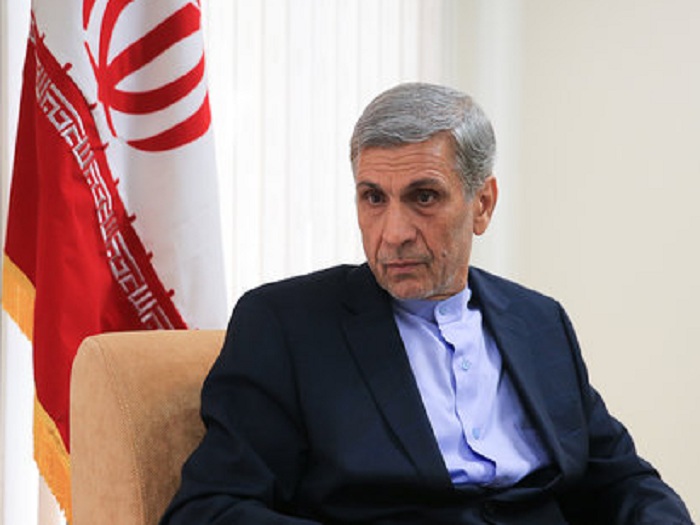Sanctions prevented the export spike

Former Chairman of the Central Bank: It should be borne in mind that not only does the exchange rate affect export growth, but also other factors such as bank transfers, transportation, port capacity and joint chambers of commerce.
According to Iran's International Stone Exhibition, Ebrahim Sheibani said the lack of export jump despite the increase in the exchange rate, said that the increase in the exchange rate in our country coincided with the imposition of sanctions and the extension of restrictions, which led to forecasts before export growth. However, we now have nearly $ 40 billion in non-oil exports, which is a big deal for our oil-dependent economy.
"On the other hand, it should be borne in mind that not only does the exchange rate affect export growth, but other factors such as bank transfers, transportation, port capacity and joint chambers of commerce are other factors," he said.
Shebani said the new banking plan in the Majlis and its implications for the private sector said: "This plan has strengths such as transparency, the introduction of bad people, the Deposit Guarantee Fund and credit, which I think is all about a healthy and active private sector. It is considered a positive score. Transparency has always been in the interest of the private sector in all countries, and transparency has been favored by the private sector, although there are some ambiguities in the provisions of the law, such as the functioning of high-level committees, which hopefully the MPs will consider when examining the commission. And dismantle them in the Majlis.
"Our budget has always been based on oil revenues, and the government has actually been in charge of the economy since the year 1340, when the government played a major role in the annual budget," said Sheibani. We have seen the role of the private sector diminish as the sector boils down to economic growth in the country.
He continued: "When hundreds of thousands and thousands of units operate in the private sector, no one can prevent or sanction them, while it is much easier and easier to prevent the activity of governments and their affiliates."
"Since oil has entered the economy, the country's revenue and expenditure sector, our economy has also become a state, and this applies to all Middle Eastern oil countries because oil is a public good," he said. Whereas a country like Austria accounts for ninety-six percent of the state's private and tax revenue, or Germany has more than four million registered companies, these are the engine of budget, growth and employment. We have also moved in recent years and, according to the latest statistics, I have registered more than thirty million large and small industrial units in the country, and I hope these units play a role in the growth and development of the country.
* Ilna










